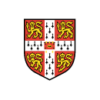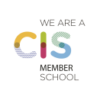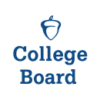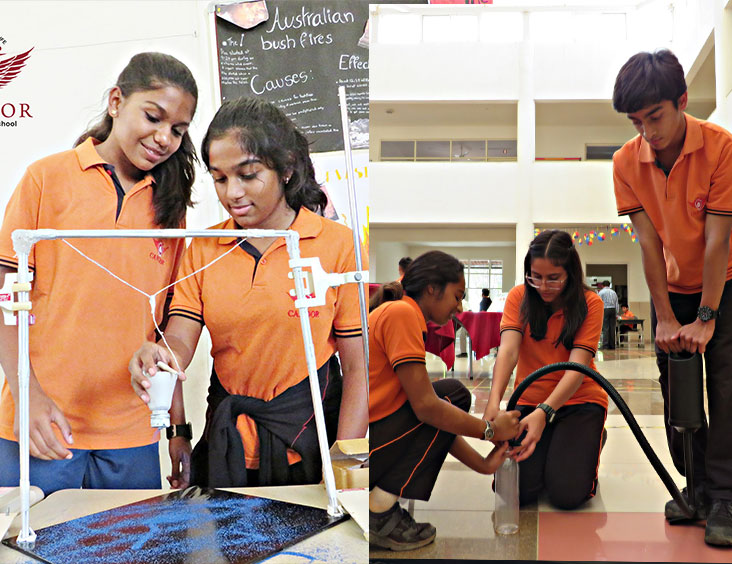
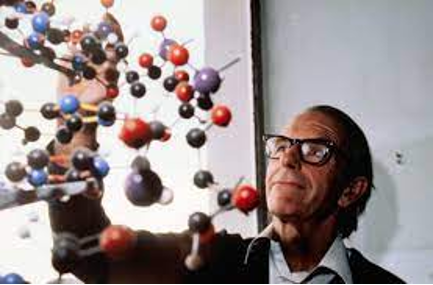
“Scientific research is one of the most exciting and rewarding of occupations”- Frederick Sanger
To substantiate the quote of the above Double Nobel Prize-winning Scientist, the most interesting aspect is the process of research is one which we all use in our day-to-day lives, without paying much attention to it. Whether being the process of ordering food online, or learning to ride a bike or even cooking a new recipe – all these processes invariably bank on the methodology used in research. For those like Frederick Sanger, whose lives have been ingrained in scientific research, their seeds of interest in the field were undoubtedly sown in their years of school education.
Getting students involved in a research process early is not only a step towards scientific research, but also a necessary skill in all subjects and fields. Opting for Sciences in an International School lays a stepping stone towards scientific research as a topic of interest and also maybe, a professional career in the future. International curricula, such as IGCSE, AS/A levels and IBDP have a strong basis and foundation in research, clearly observed in their Learner profile attributes, such as being Inquirers, Thinkers, Engaged etc. With research deeply rooted in these curricula, there are many advantages and benefits to choosing the sciences in International Schools.
The IGCSE grade 9 & 10 programs include a practical approach to the sciences with assessments on and related to the content taught in classes. This creates a solid foundation for research by students learning about basic experimentation, data analysis and evaluation. The AS/A level program has a major component on students’ laboratory and experimental skills, for which they are trained throughout grade 11. A continuation of the analysis and evaluation skills is also assessed in grade 12. The IBDP program, probably has the most comprehensive and well structured curriculum with an immense focus on research, both individual and in collaboration. There is a core component called Extended Essay, where students choose a subject of interest and carry out a detailed research project. In addition to this, all students are expected to partake in an Internal Assessment research project in every subject, involving individual scientific research over 10 hours. Collaborative projects (Group 4 project) in the sciences are also utilized to develop scientific temperament and collaboration in students.
Through the process of experiencing and following scientific research methodology in an International School curriculum, a student learns and gains the following knowledge and skills:
● Scientific research and experiments offer a platform for hands-on learning approaches to research & developing a curious, spirit of scientific enquiry, focussing on ethical science
● Process of using scientific methodology, with emphasis on sound methods and protocol utilization
● Application of scientific experiments and skills in forming appropriate theories & hypotheses, data collection & analysis, experimental evaluation & discussions and in developing relevant conclusions
● Skills in reading, communication, scientific writing, time-management, responsibility & organisation
● Skills in resourcefulness, with emphasis on goal setting, planning, problem solving and critical thinking
● Skills in individual and team building, instilling a sense of confidence, cooperation, collaboration & healthy competition
● Application of multiple skills (as listed above) in a detailed and oriented manner in integrating knowledge from various subjects into single projects
Although the above-mentioned benefits do not form an extensive list, there are far-reaching marked positive implications and effects of learning and employing scientific research projects.
There also exist important factors that influence the outcomes of science research projects at a school level, as illustrated in the image below:
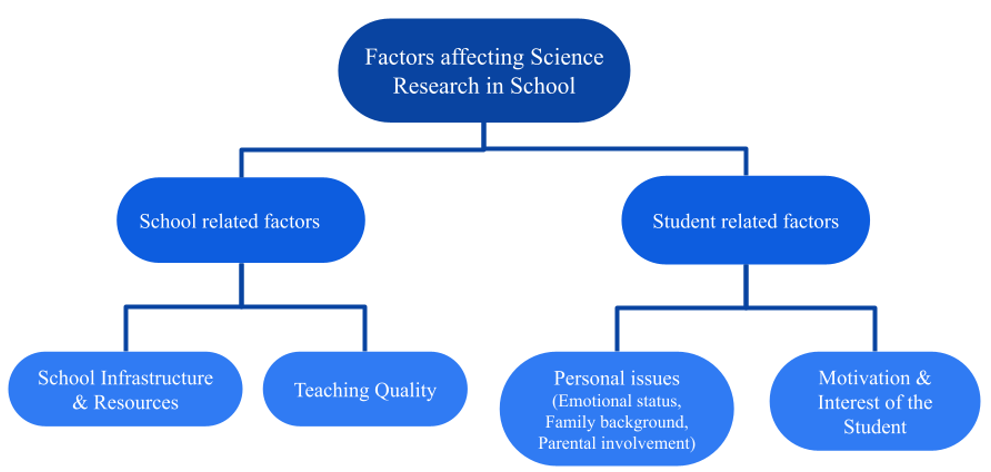
An overall inter-relationship between the factors that impact and guide scientific research play a major role in incorporating and implementing scientific research in schools. However, a strong, robust and well-defined curriculum, such as those discussed here, provide the significant groundwork, if one were to choose Sciences and scientific research out of inquisitiveness or even to progress further and make a career out of it.
Here’s to more Frederick Sangers and other strong-willed scientists, who have paved the way for making Science ‘cool’ again and to you, readers, who will hopefully embark on this journey of scientific research yourself!
Dr. Soumya Ravikumar
Teacher for Biology (MSP, IGCSE, IB and AS/A level)
Homeroom Teacher : 8A
Candor International School


